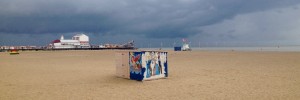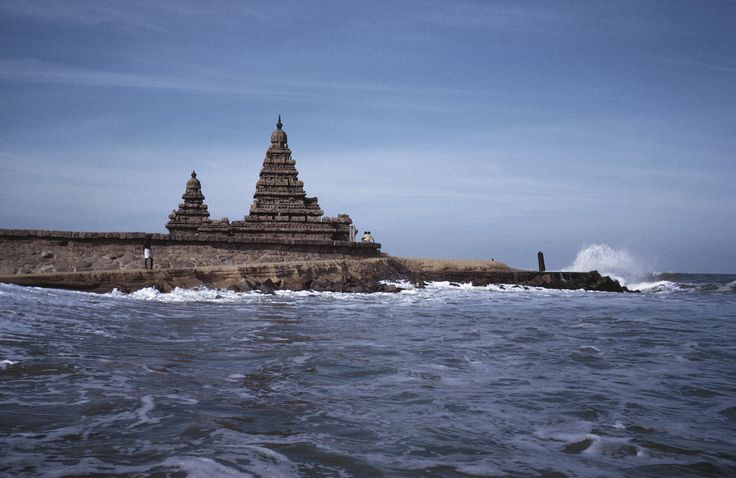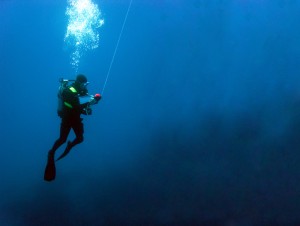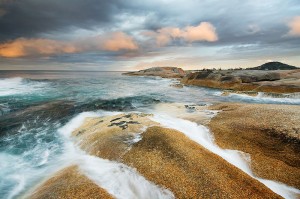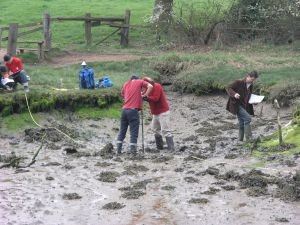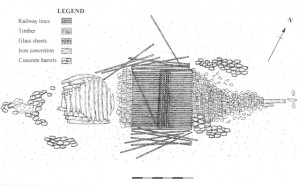
Professor Jon Adams Teatime Lecture
In October 2014, Professor Jon Adams delivered a short lecture to students aged 16-19 at University of Southampton. If you would like an introduction to maritime archaeology then this video is for you...
Continue reading →


